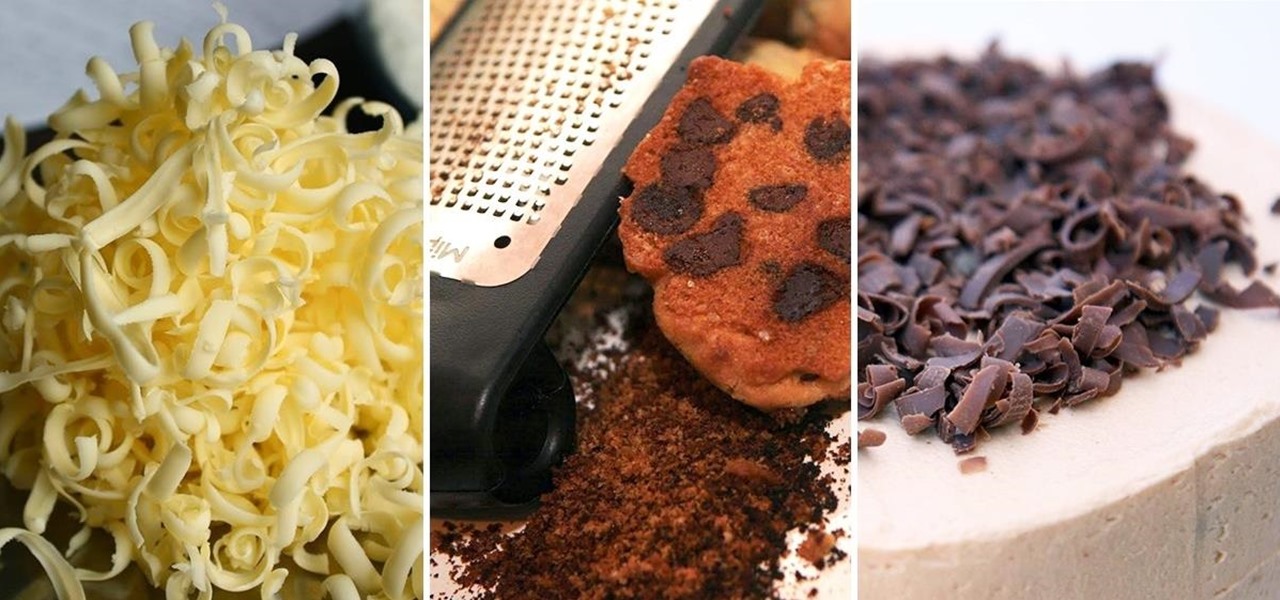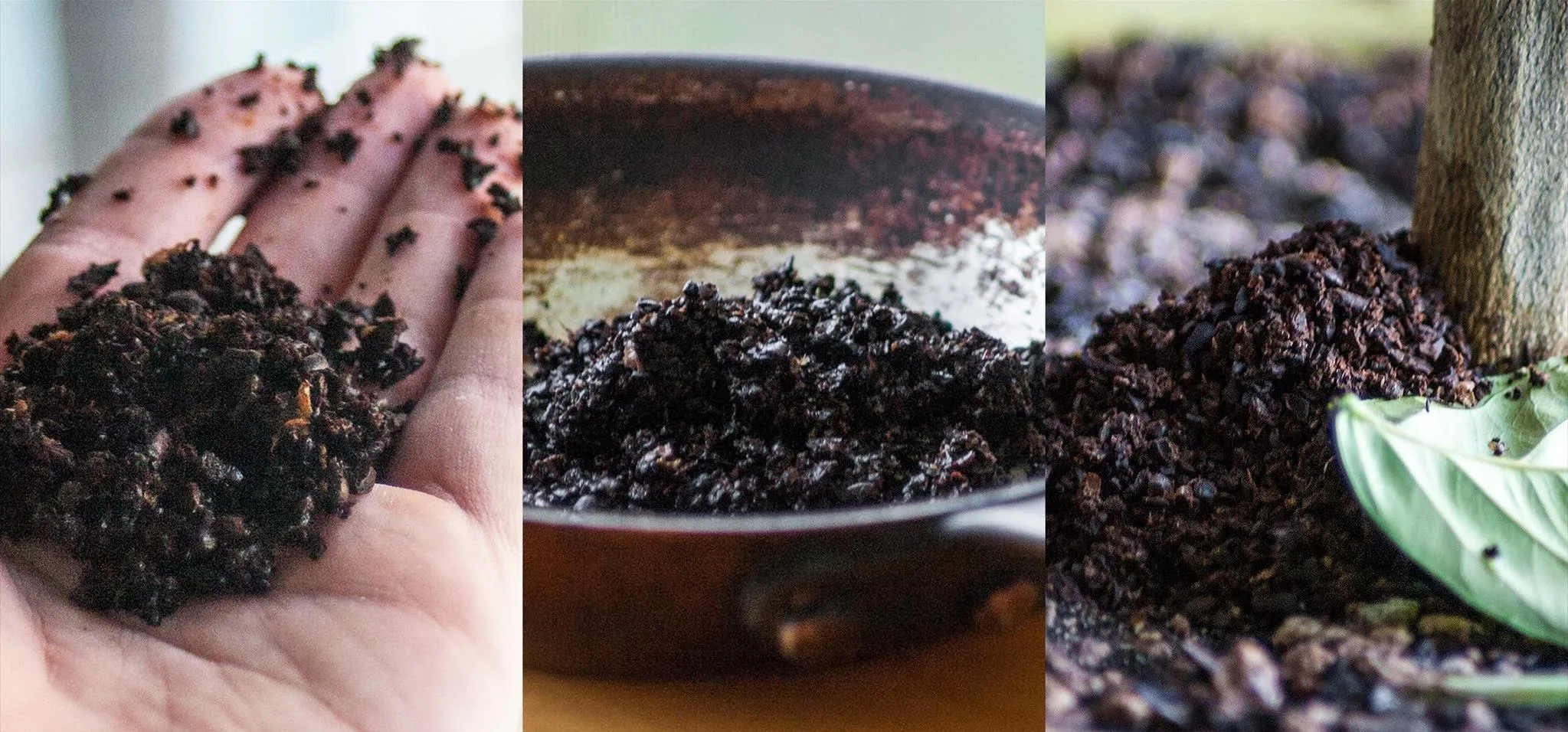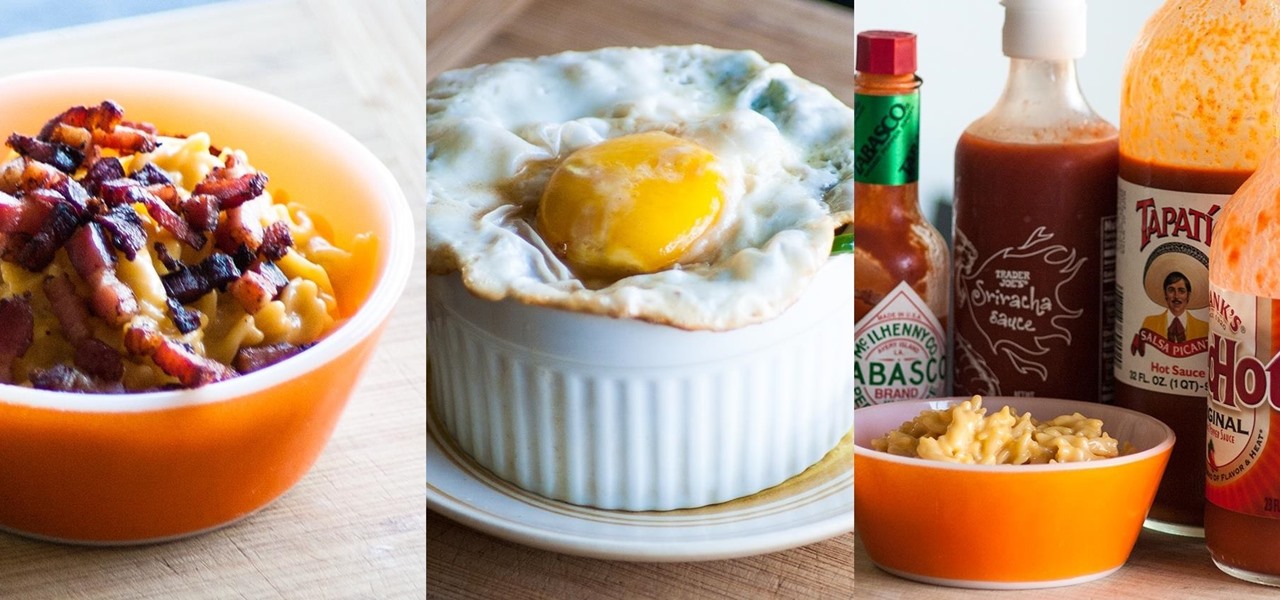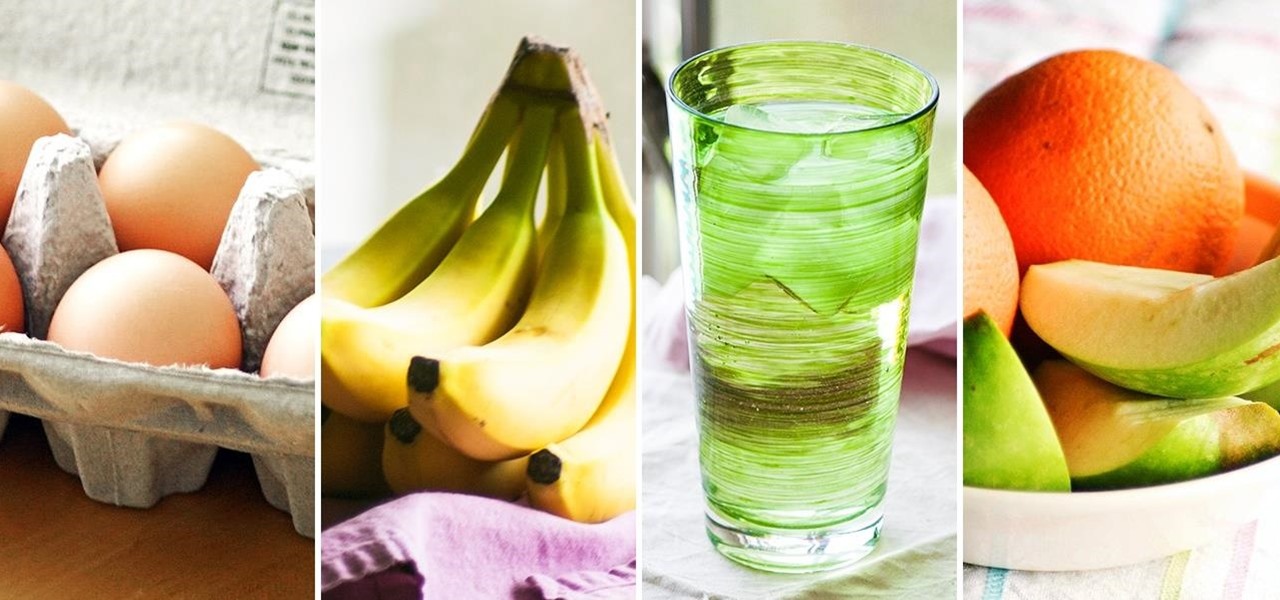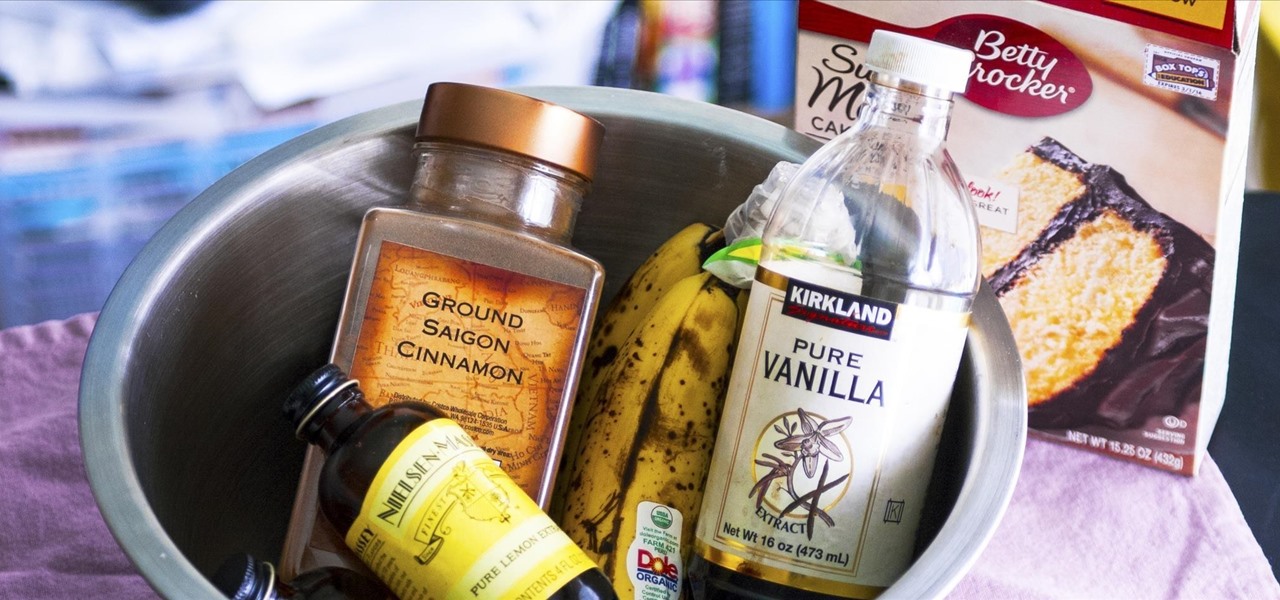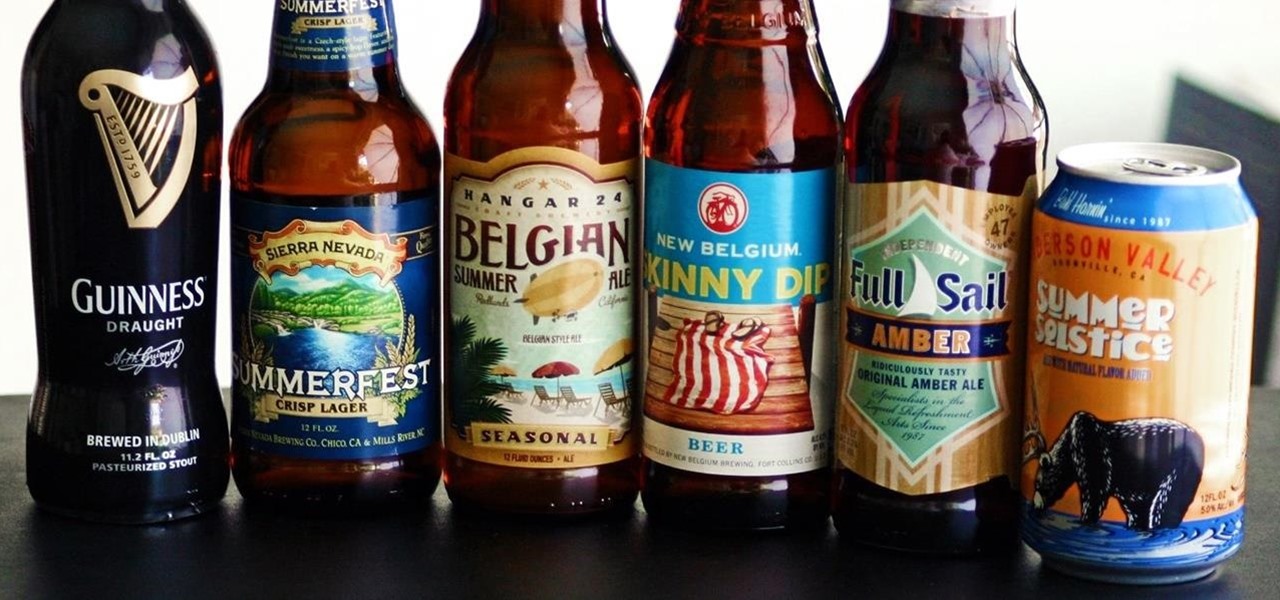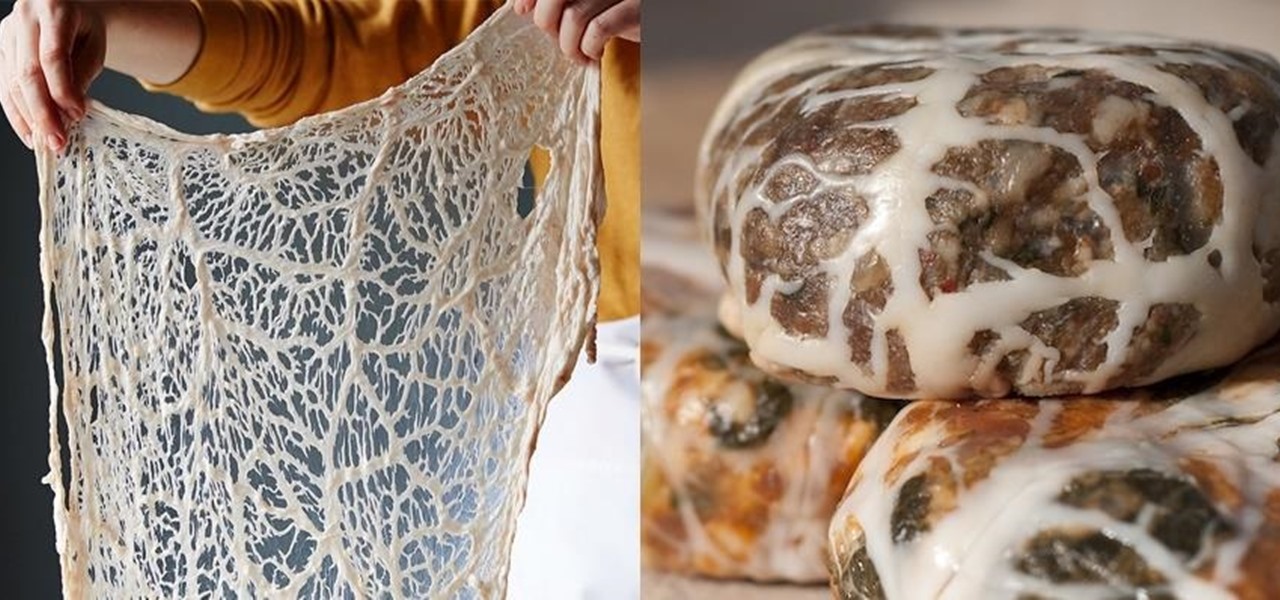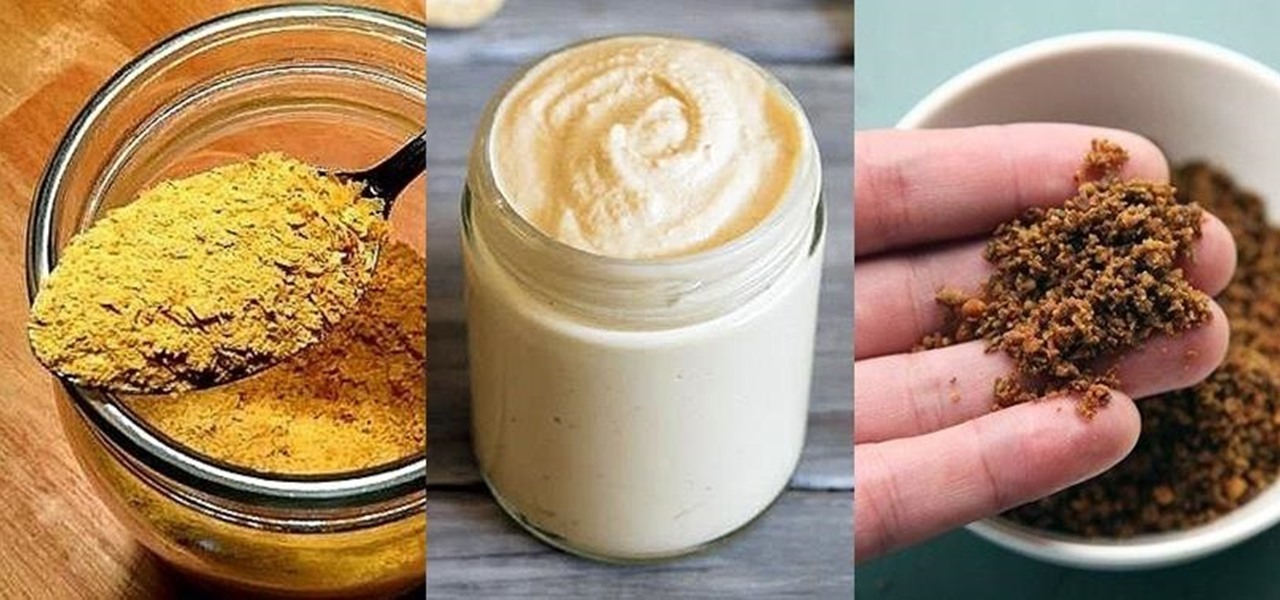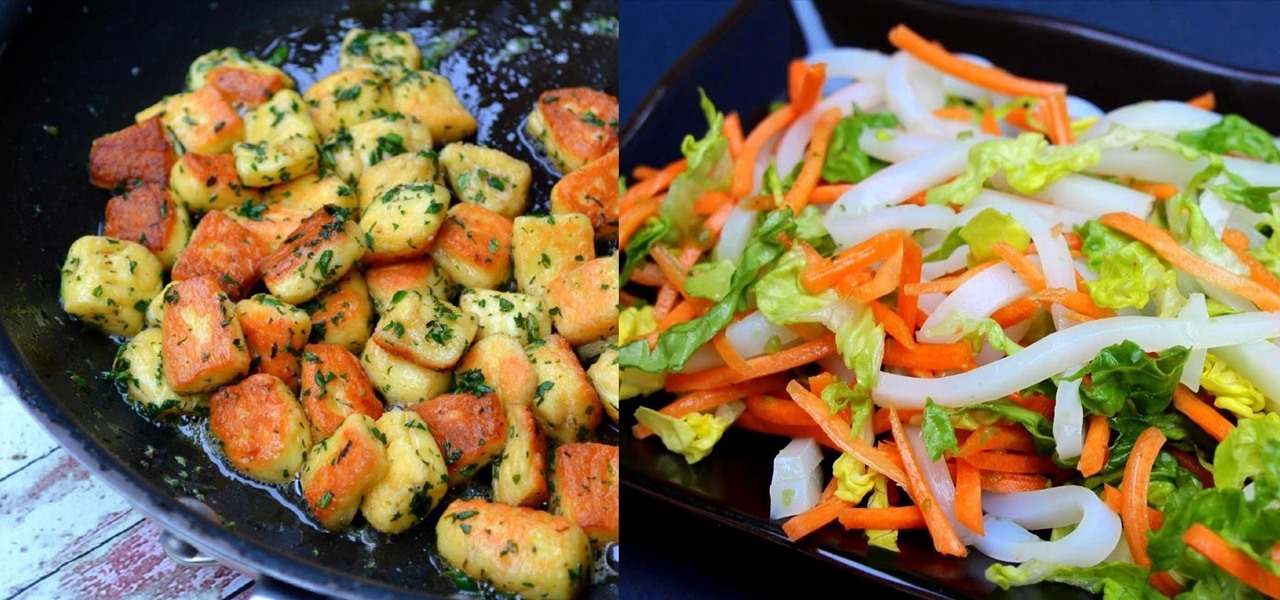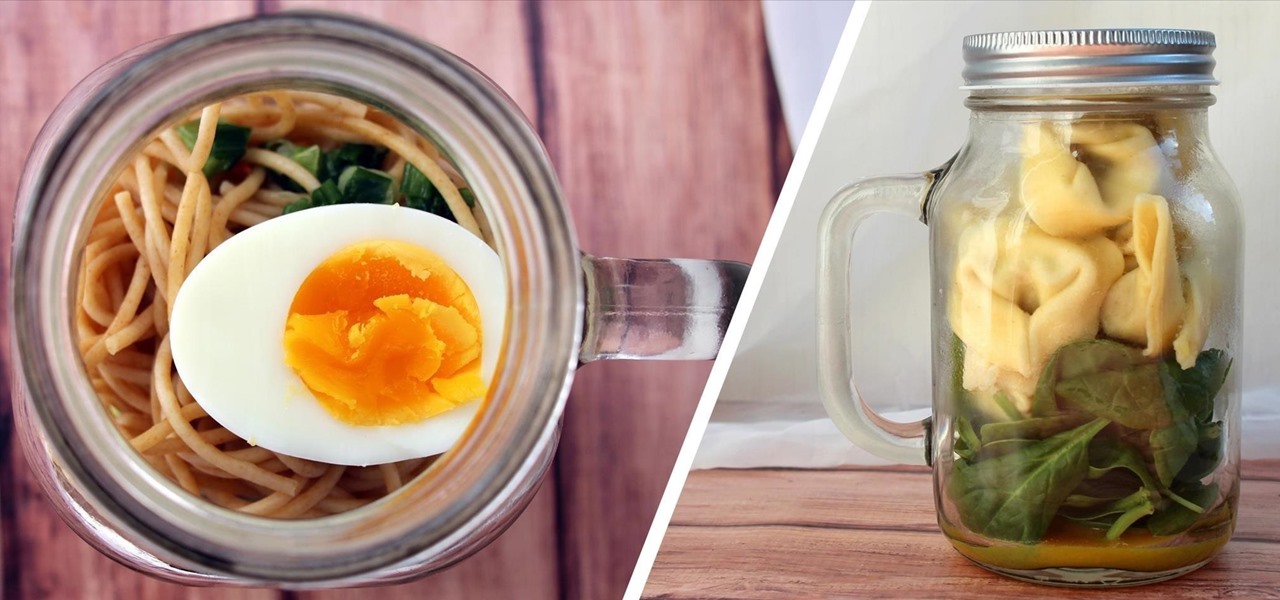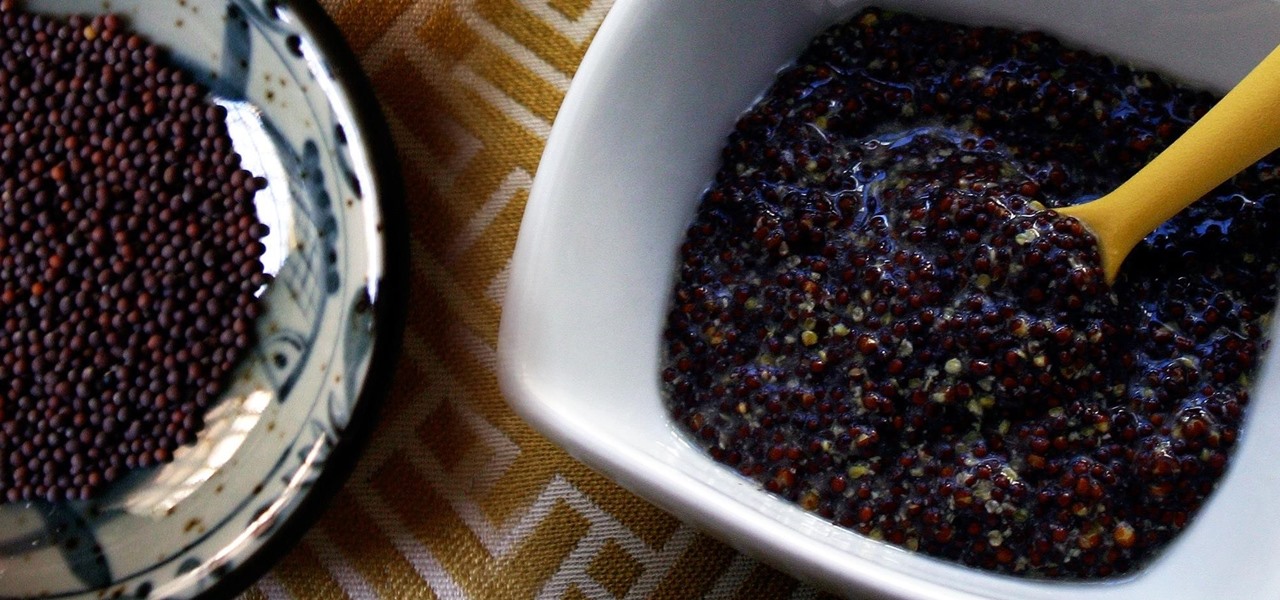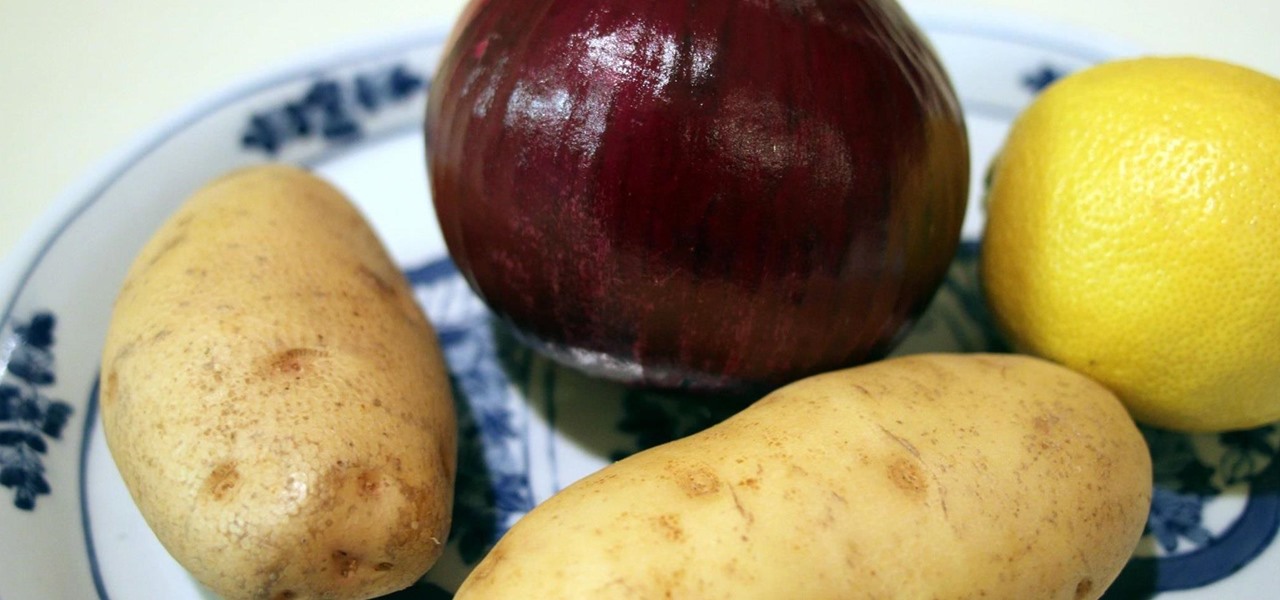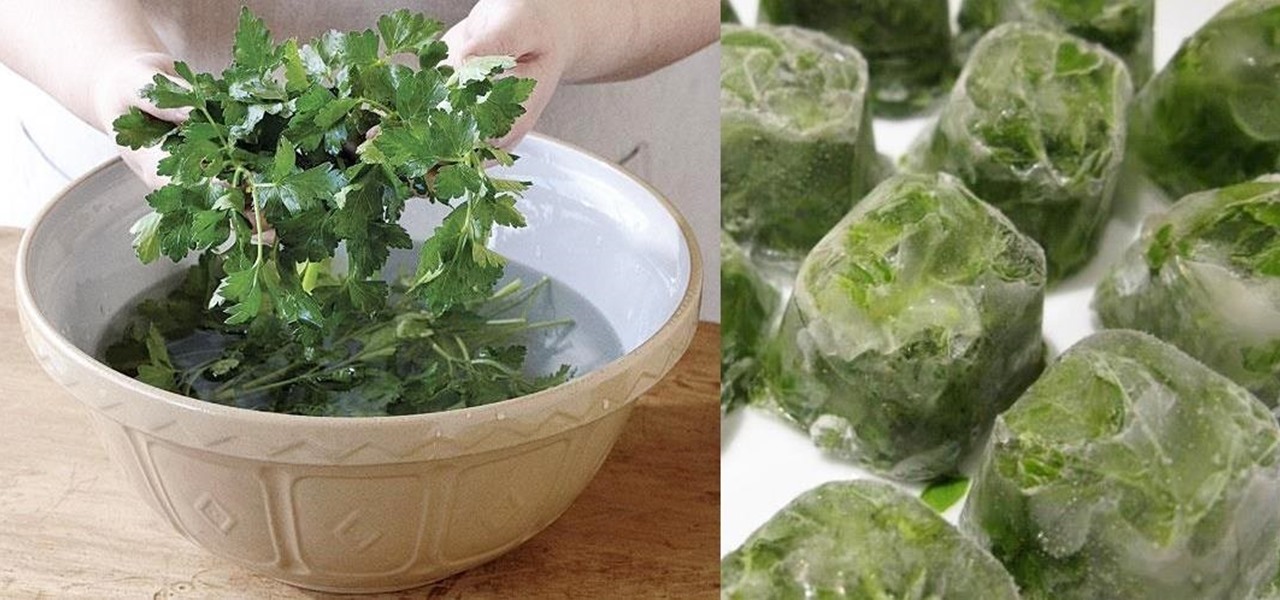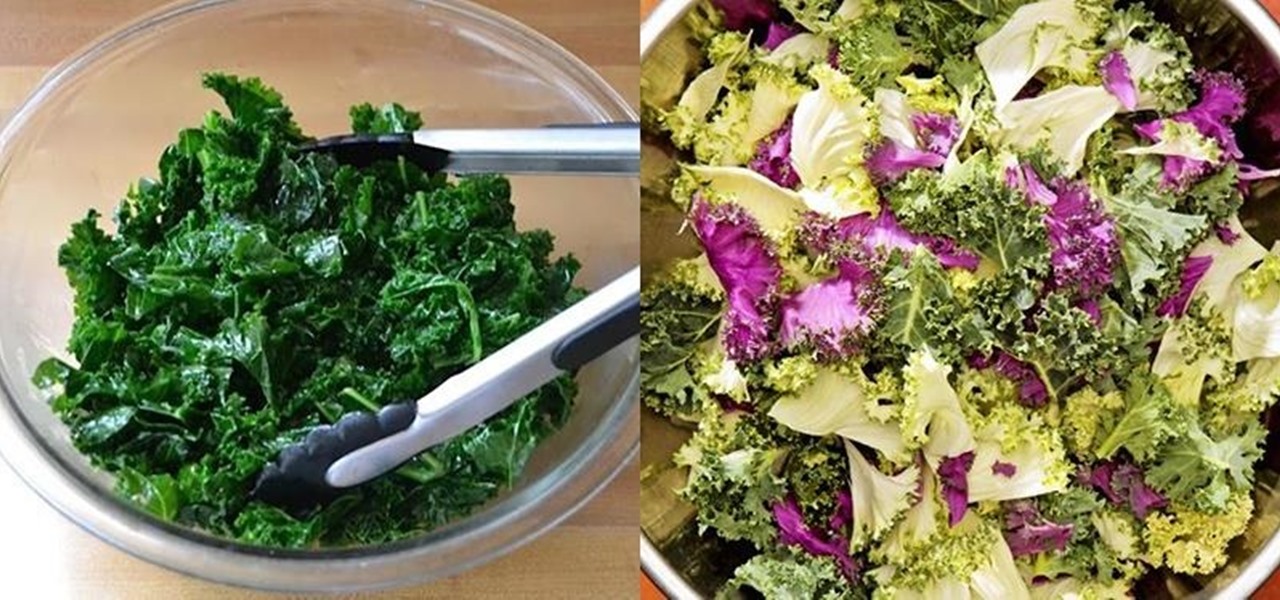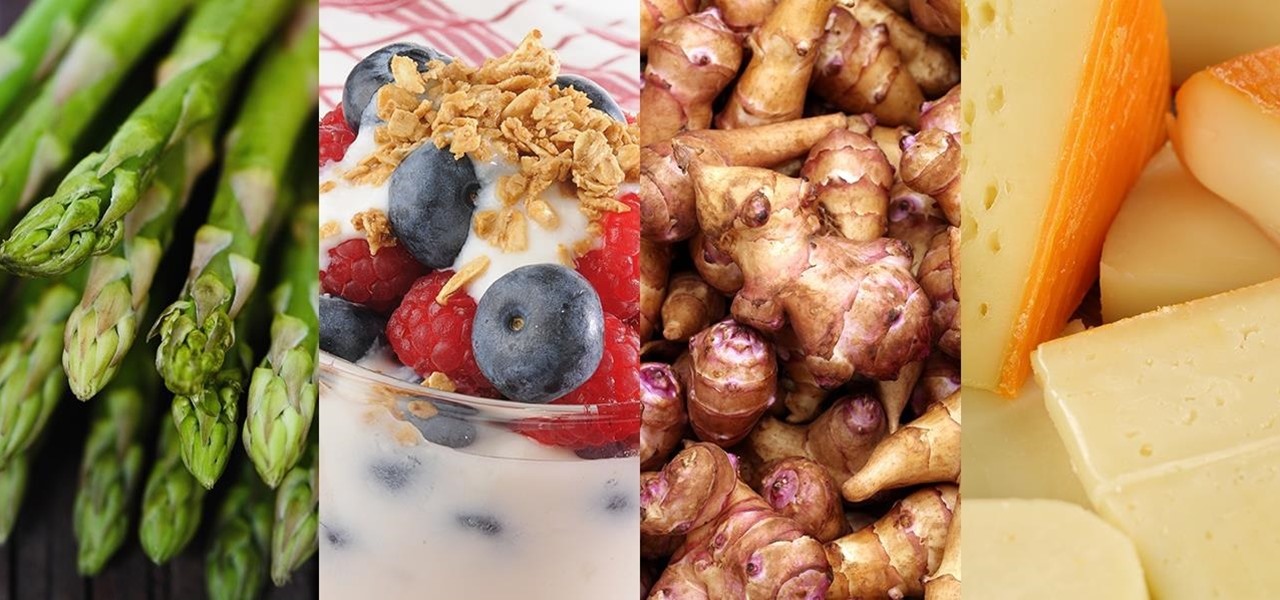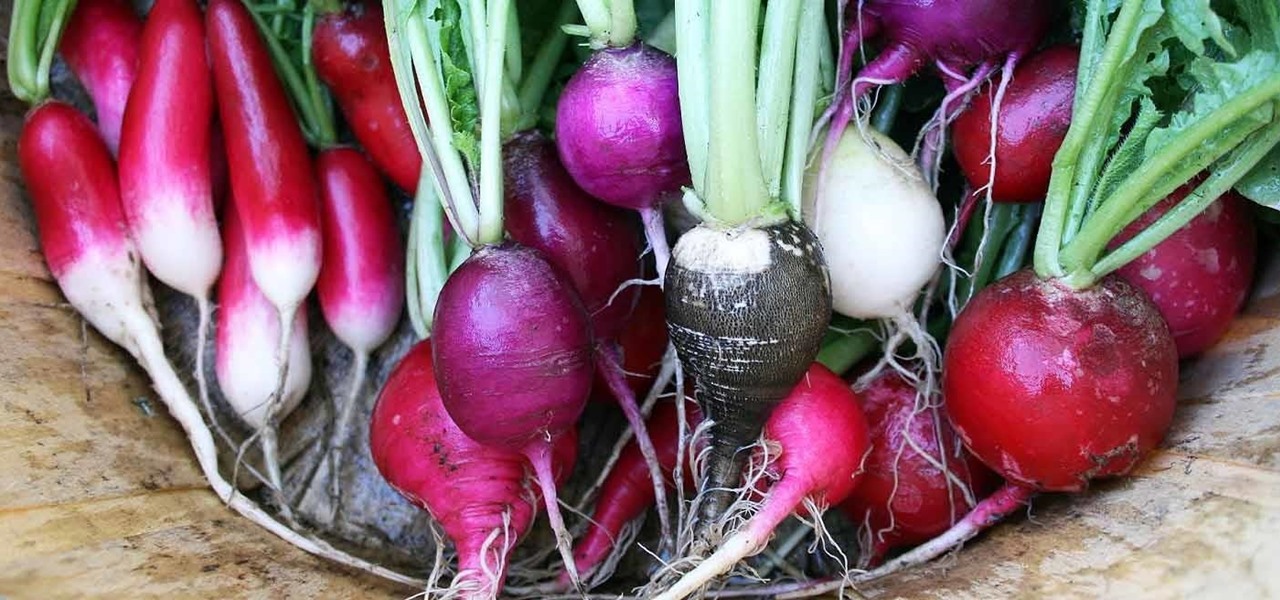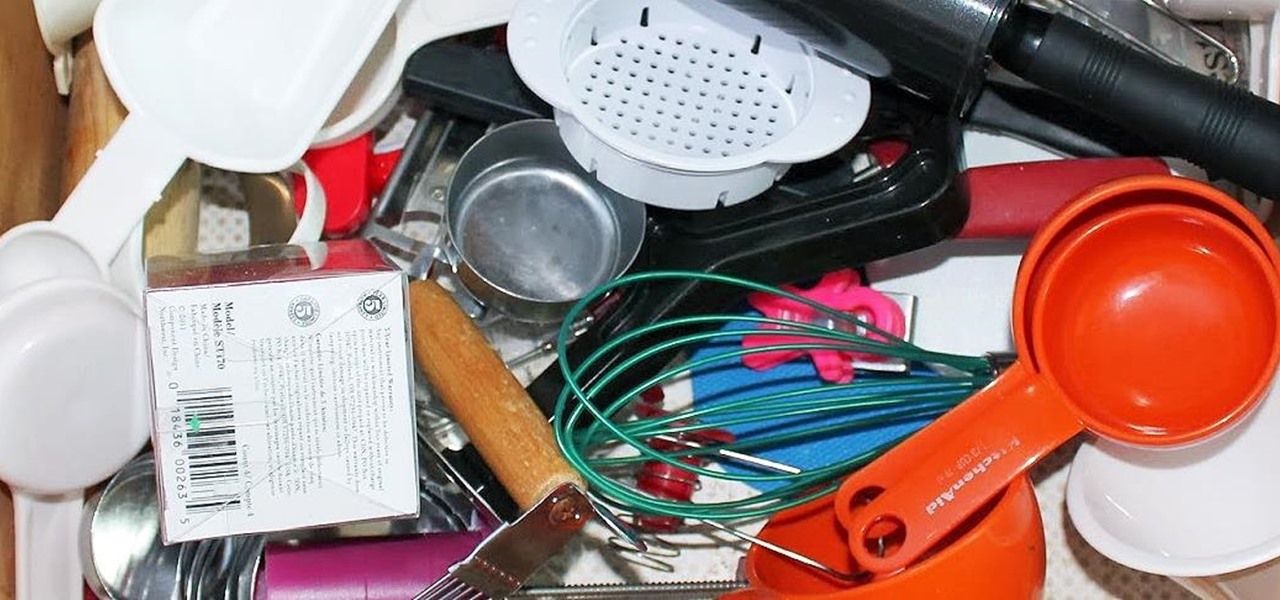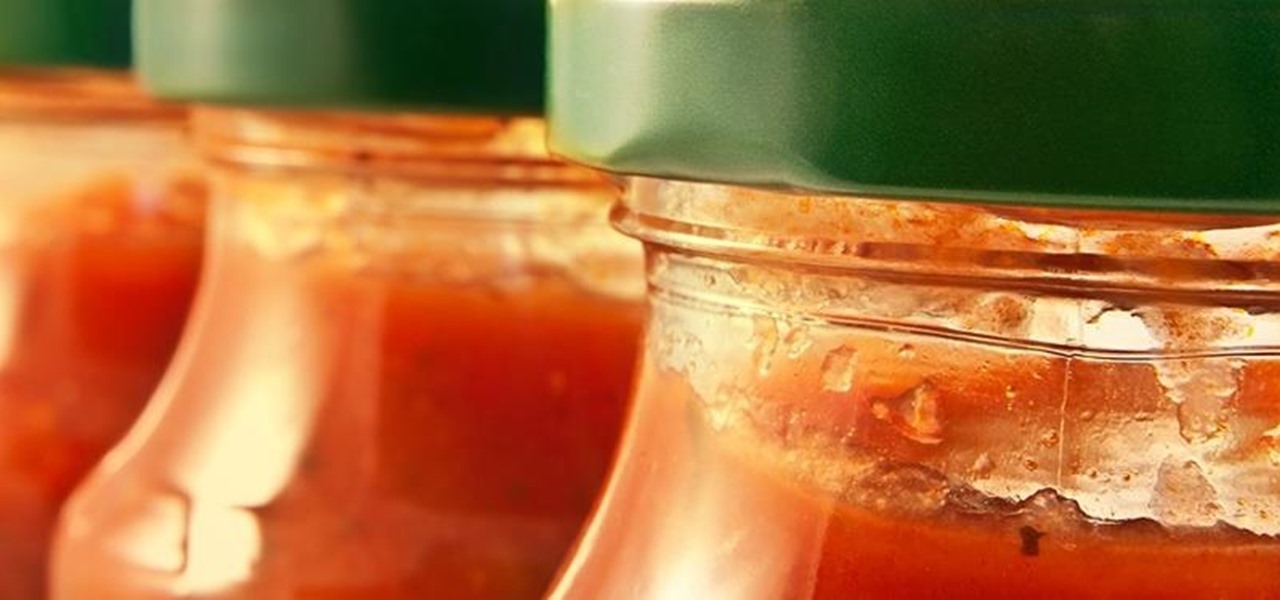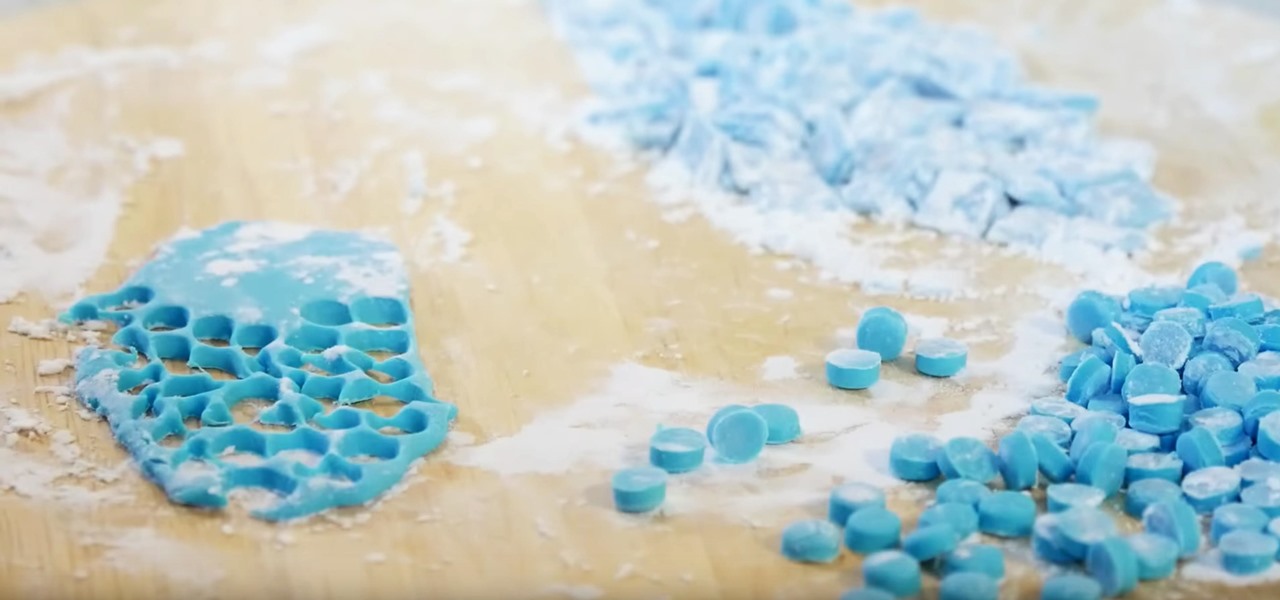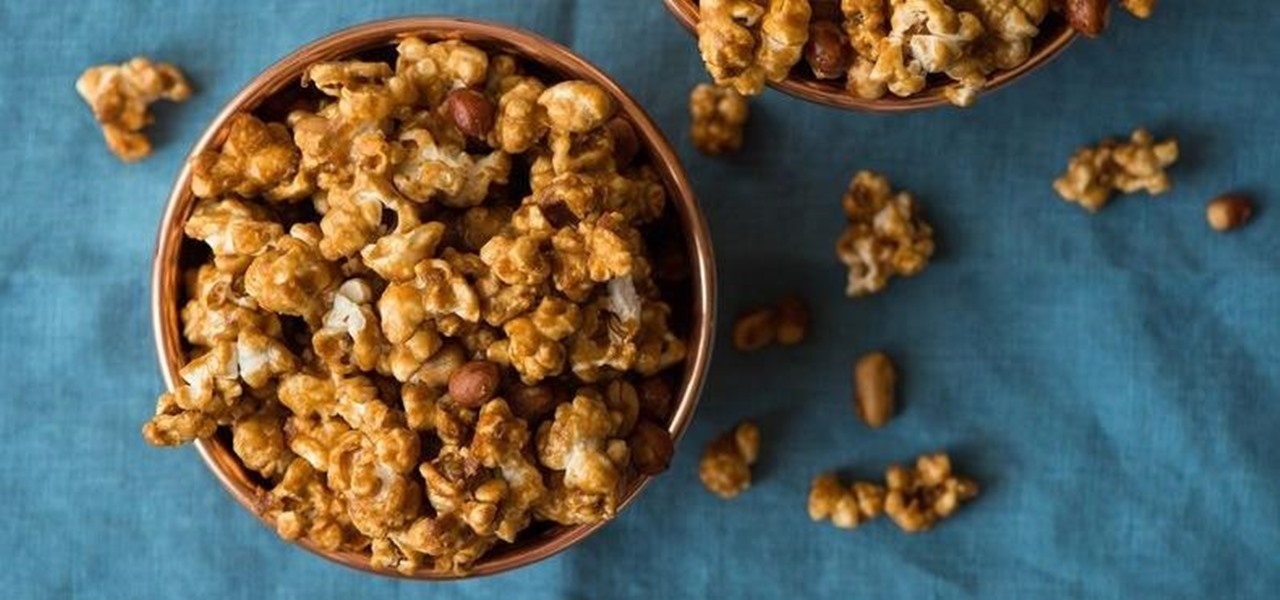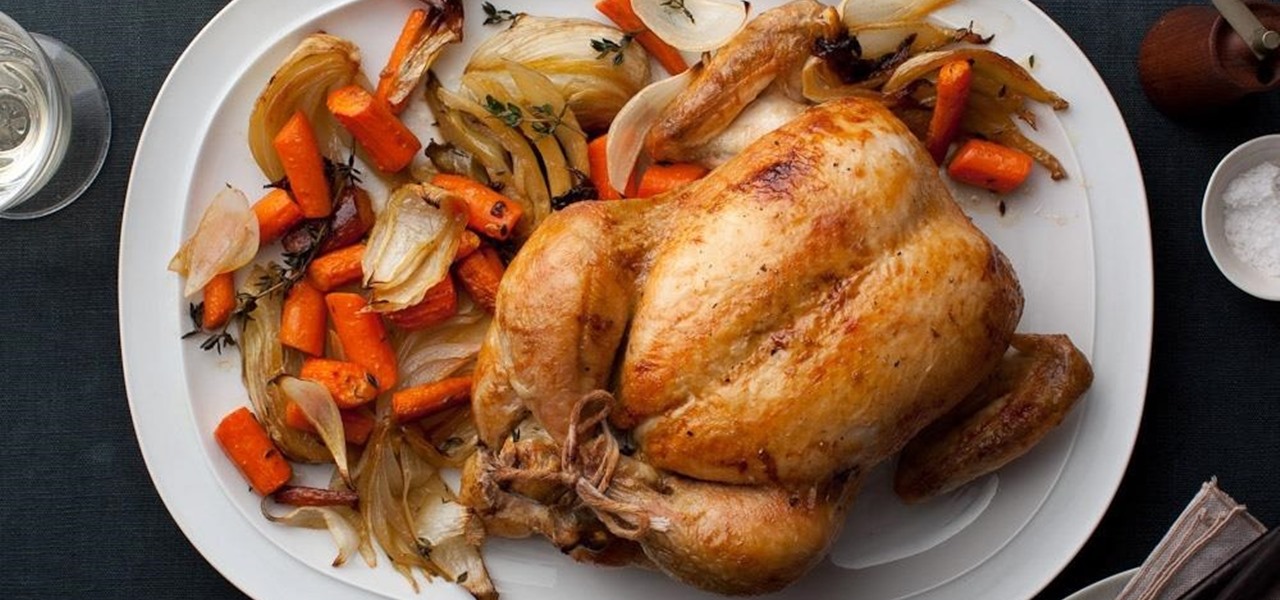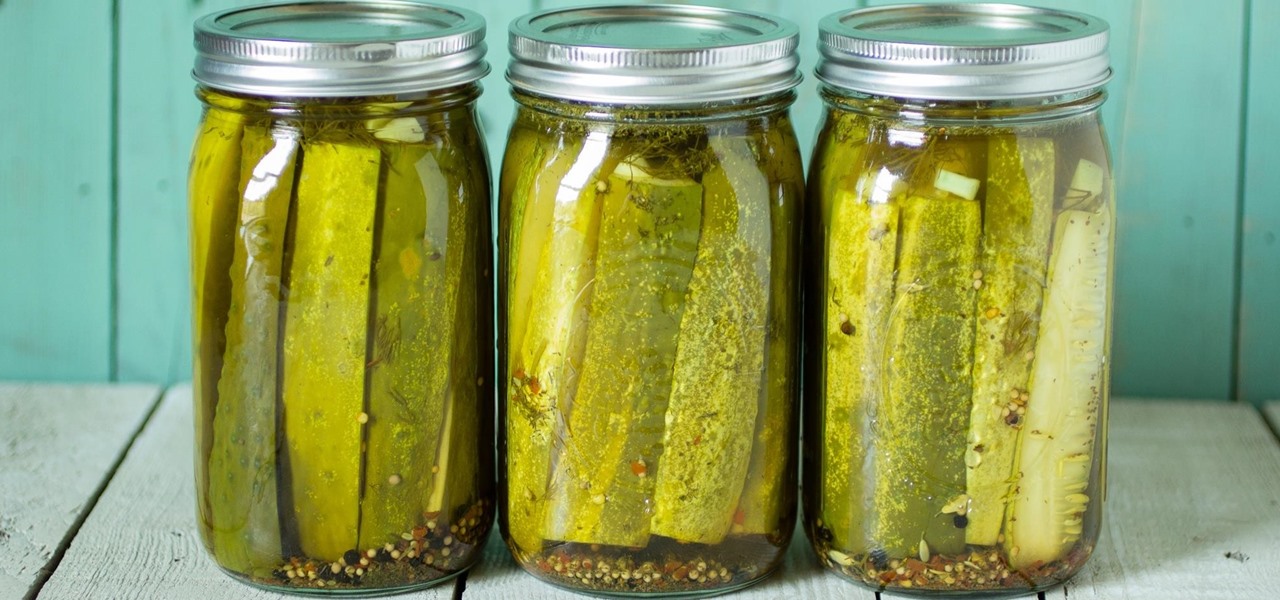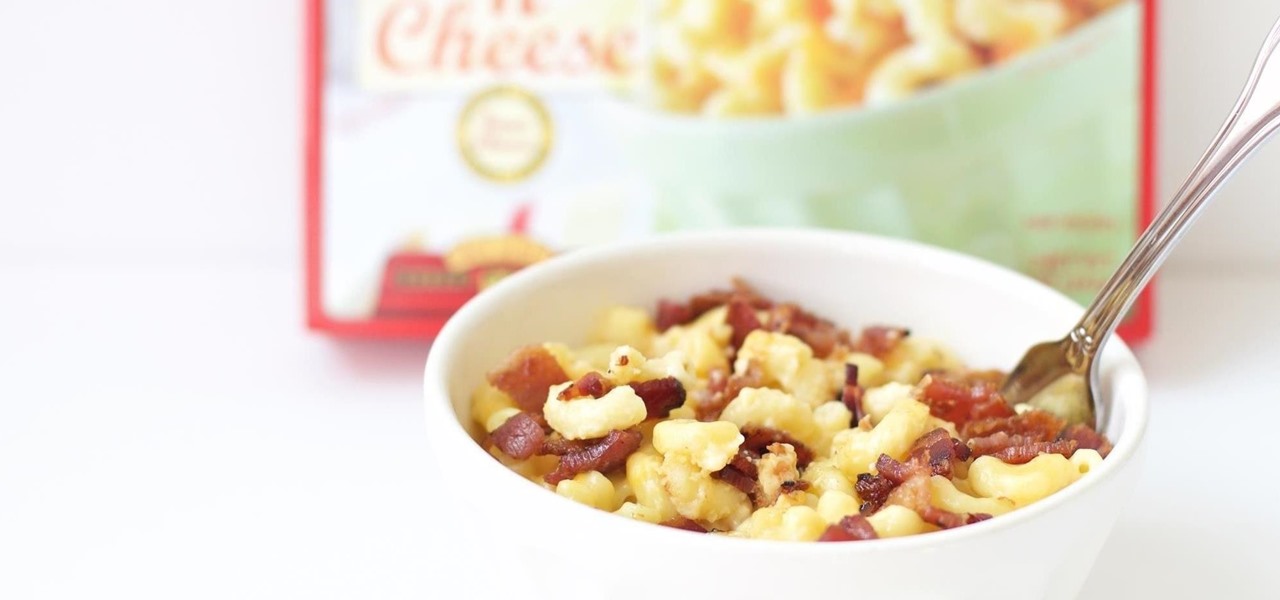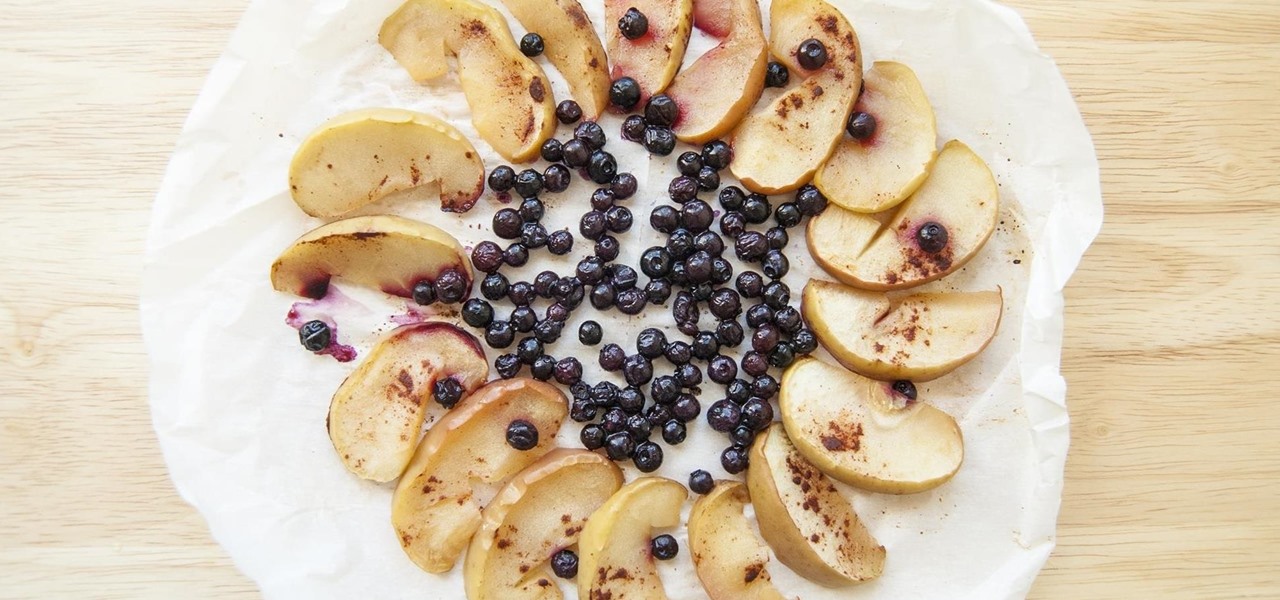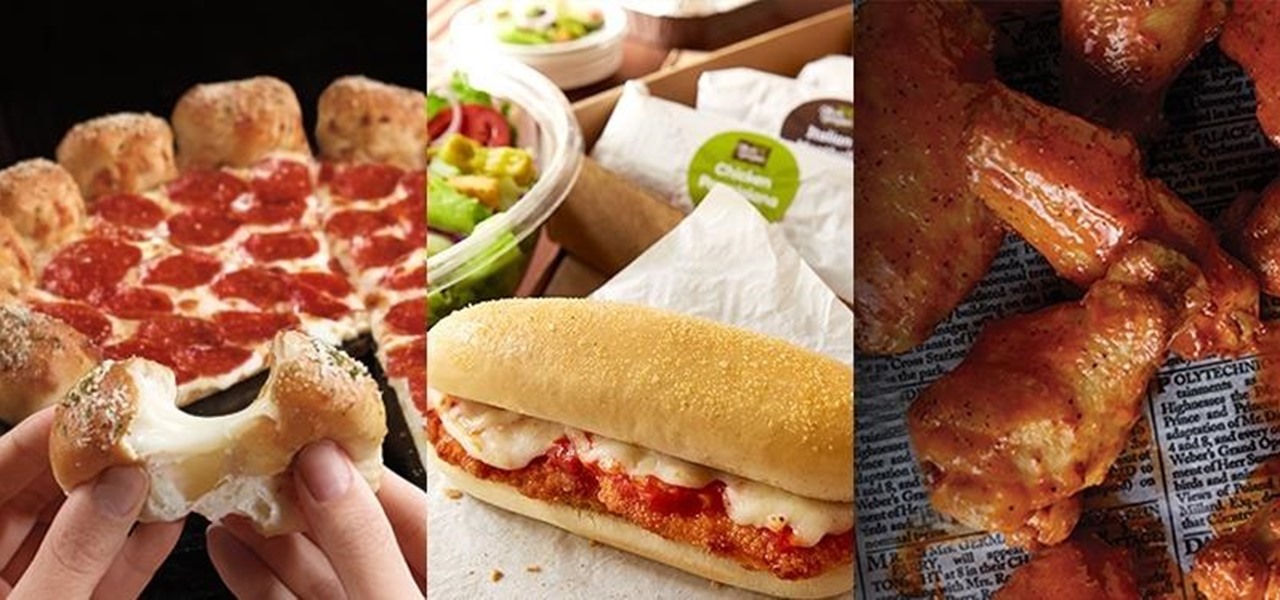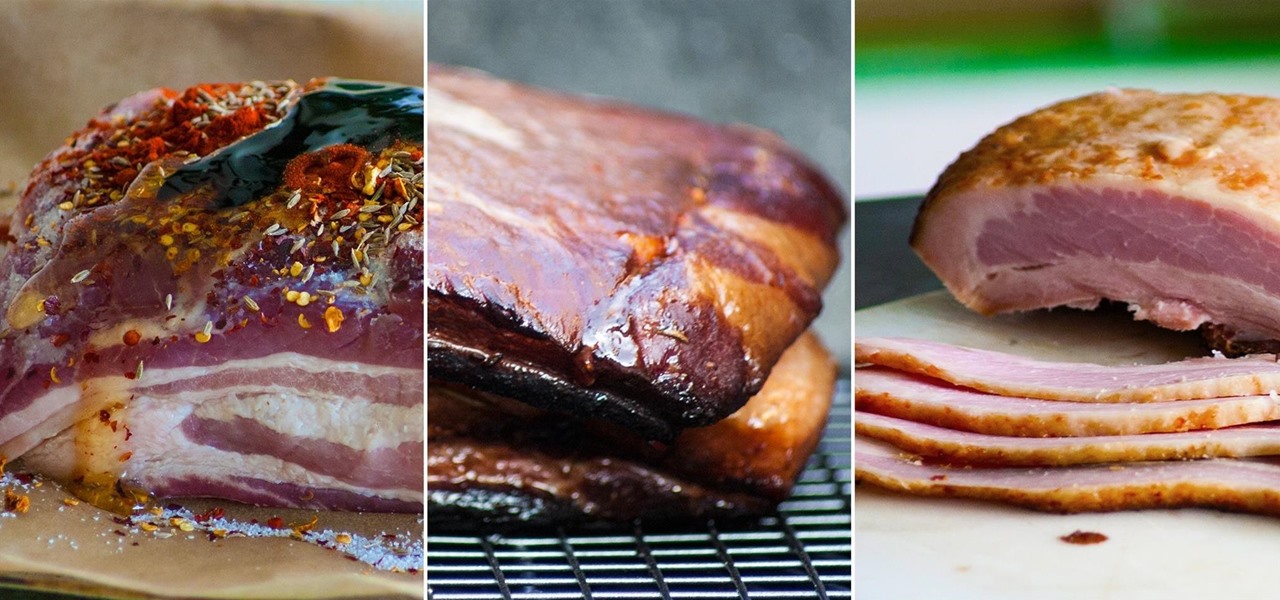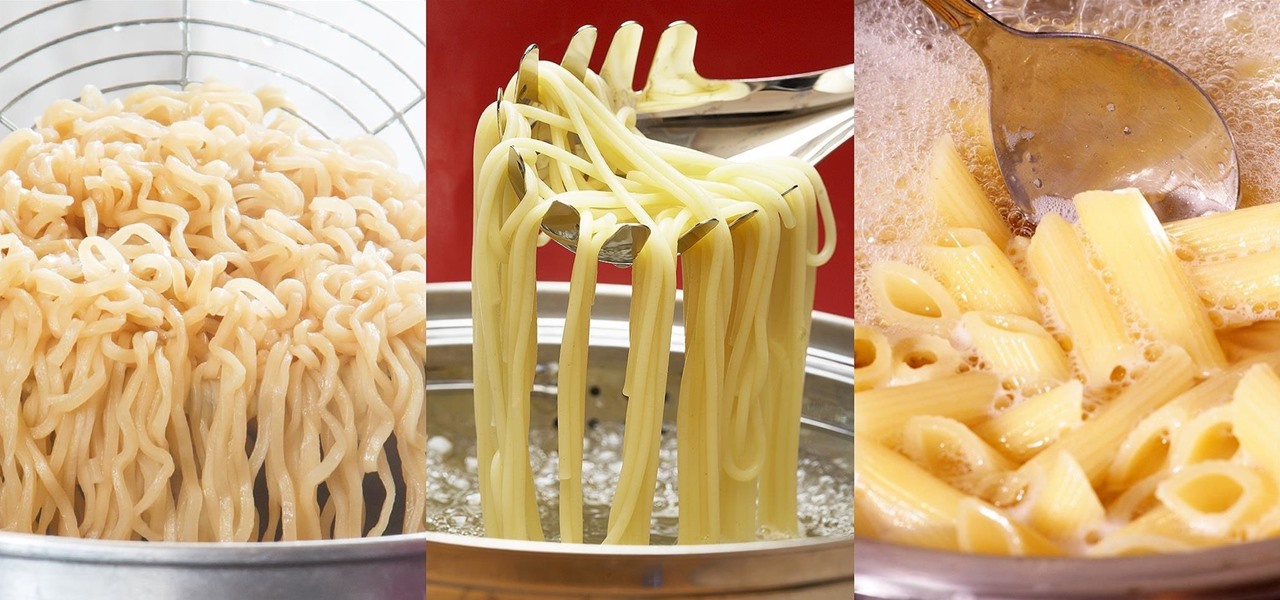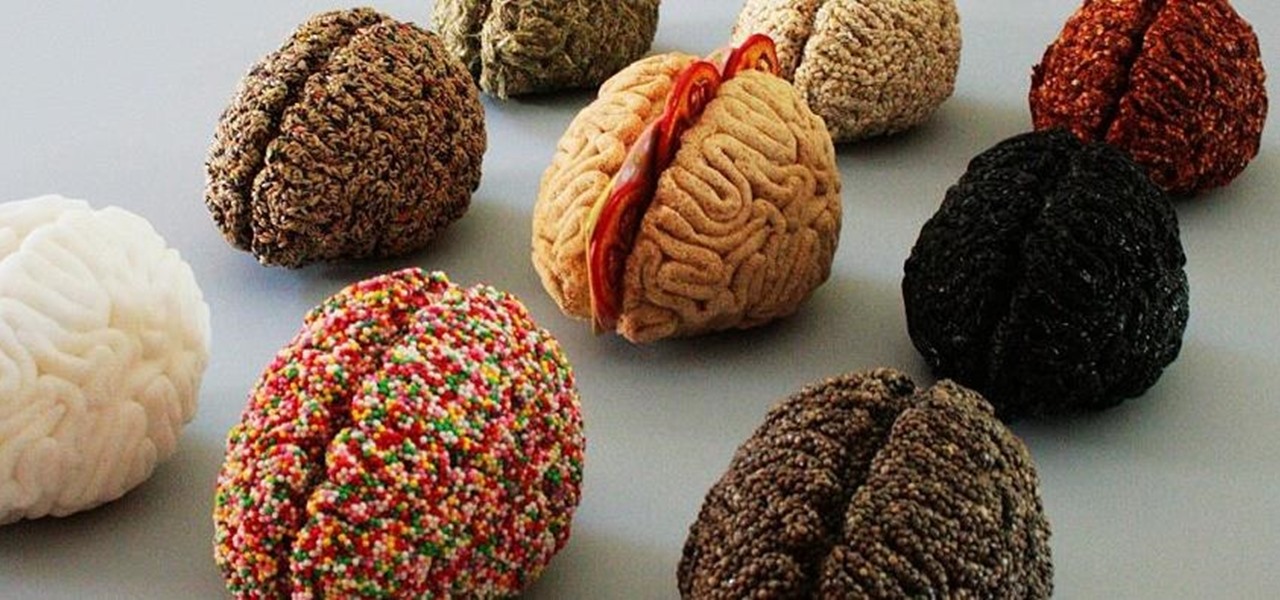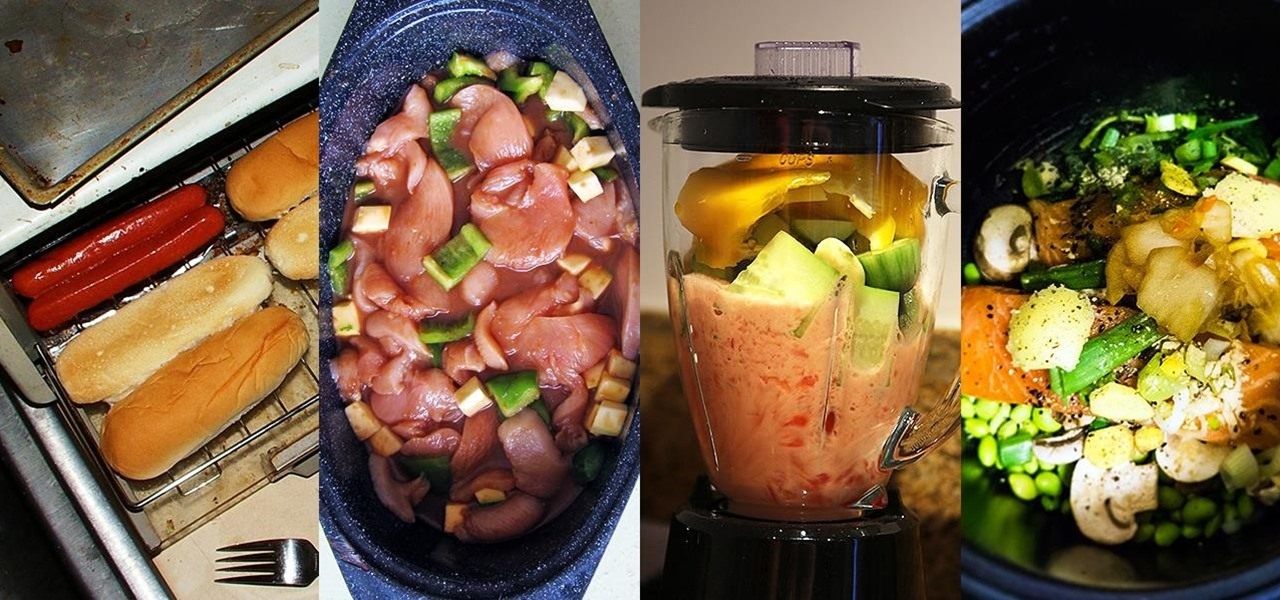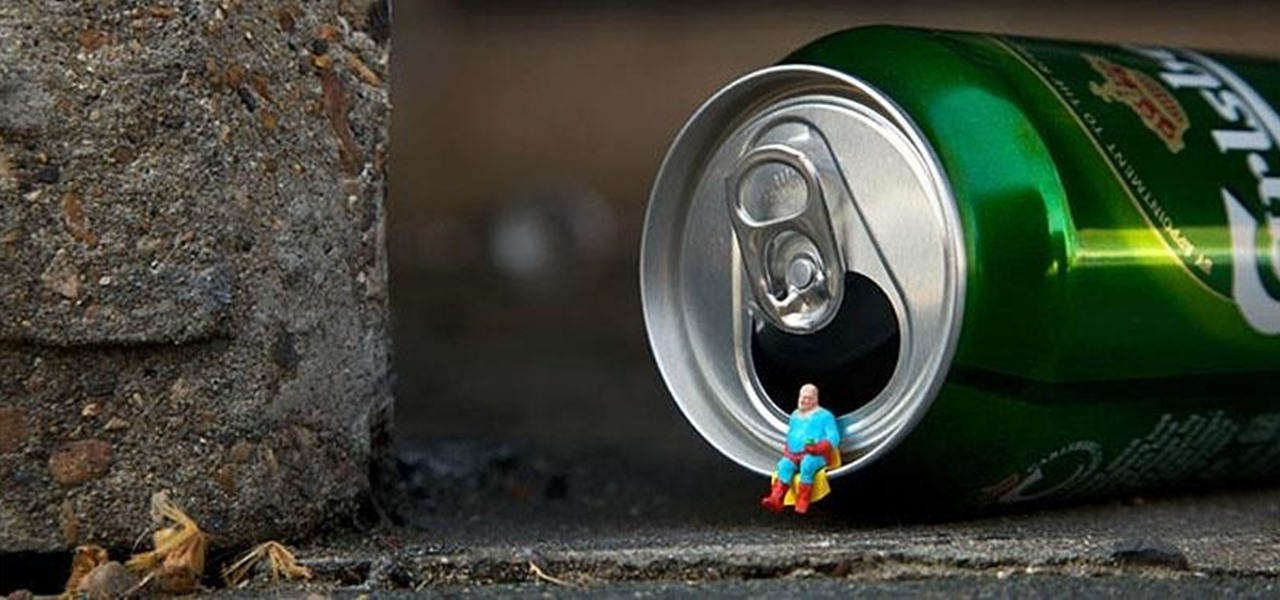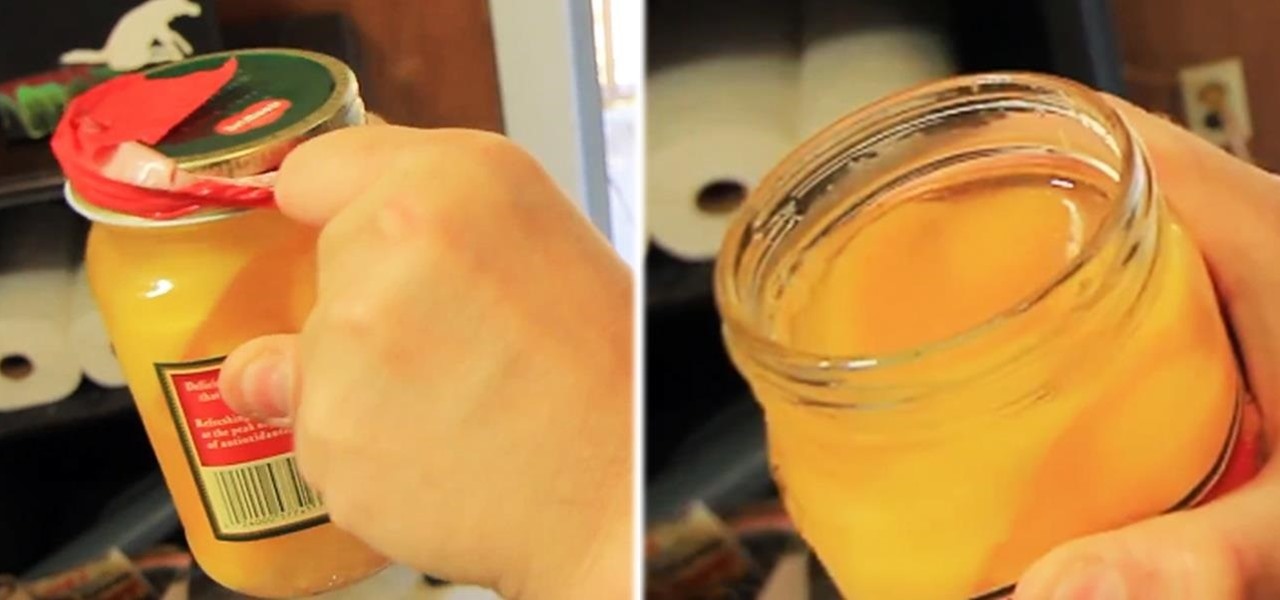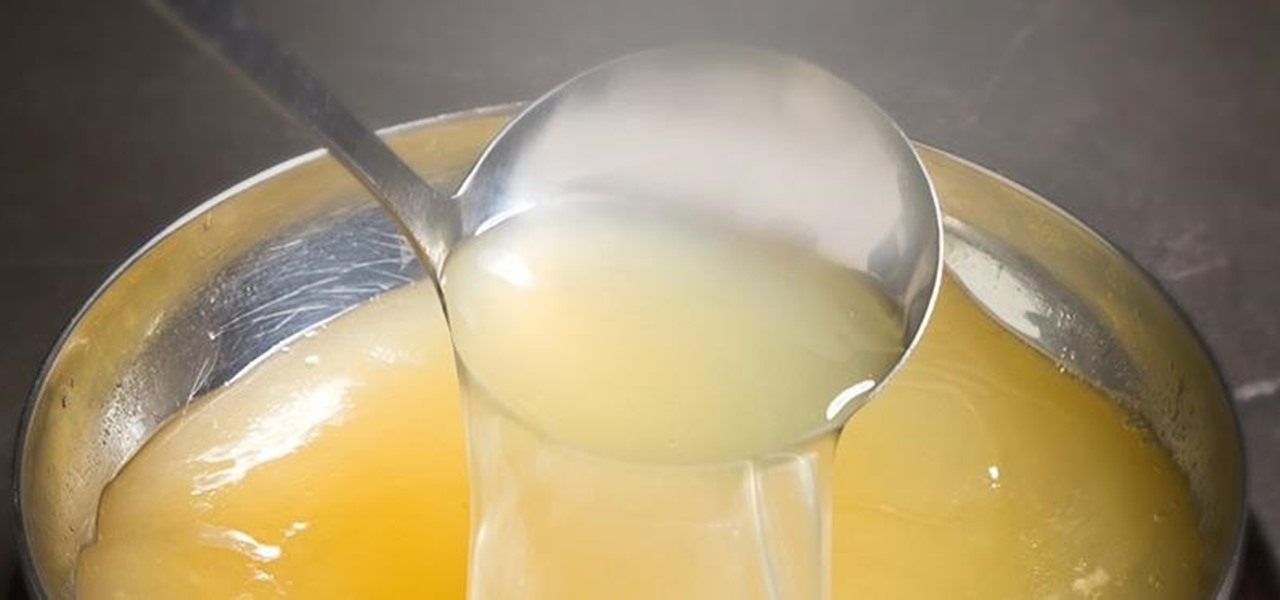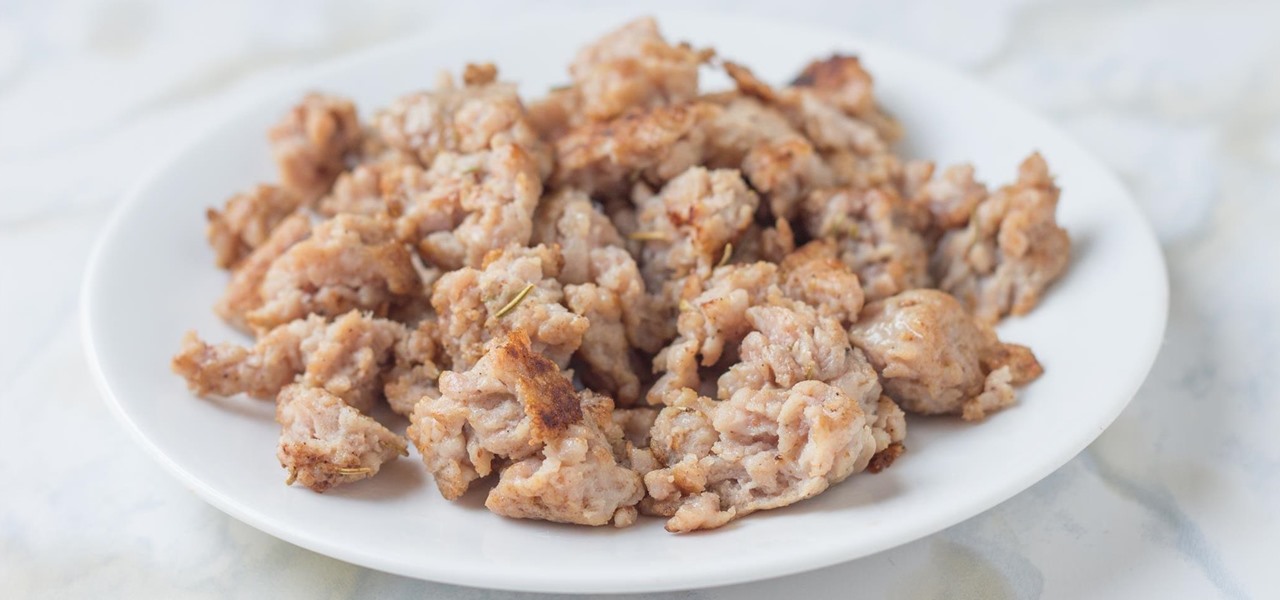
I hate wasting money. To be fair: I doubt there are many people out there who relish the idea, but I especially hate it. And I also dislike spending in excess of what I need. This happens all too often, I feel, when it comes to recipes that involve using sausage.
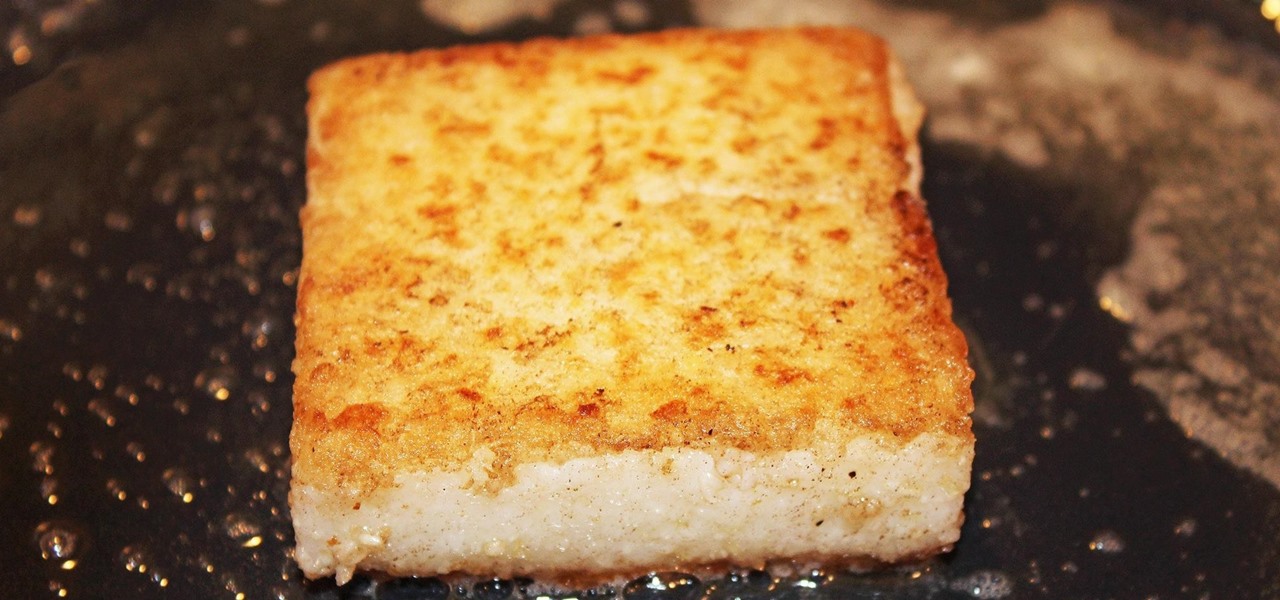
Polenta can cause risotto-like anxiety for the most experienced cook. First of all, making polenta is time-consuming—it can often take upwards of 45 minutes (unless you use this shortcut). And in the midst of this long cooking time, you're constantly stirring to keep the polenta from becoming lumpy. Even after taking the utmost of care, the polenta can still turn out too loose, too firm, or too grainy.
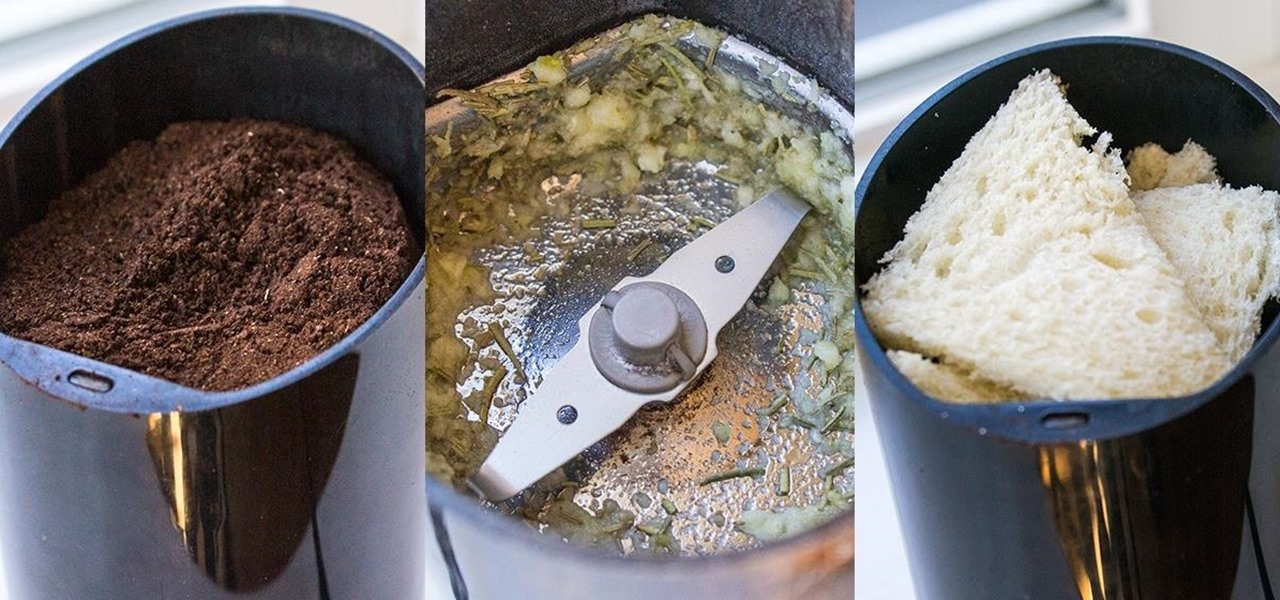
During my time living in dorm rooms and small apartments, I would find myself in need of many different appliances—a food processor for making hummus, a blender for vegetable smoothies, or even a mortar and pestle for muddling mojito-bound mint leaves. Luckily, there was one tiny, inconspicuous tool that solved all of these problems: the coffee grinder.
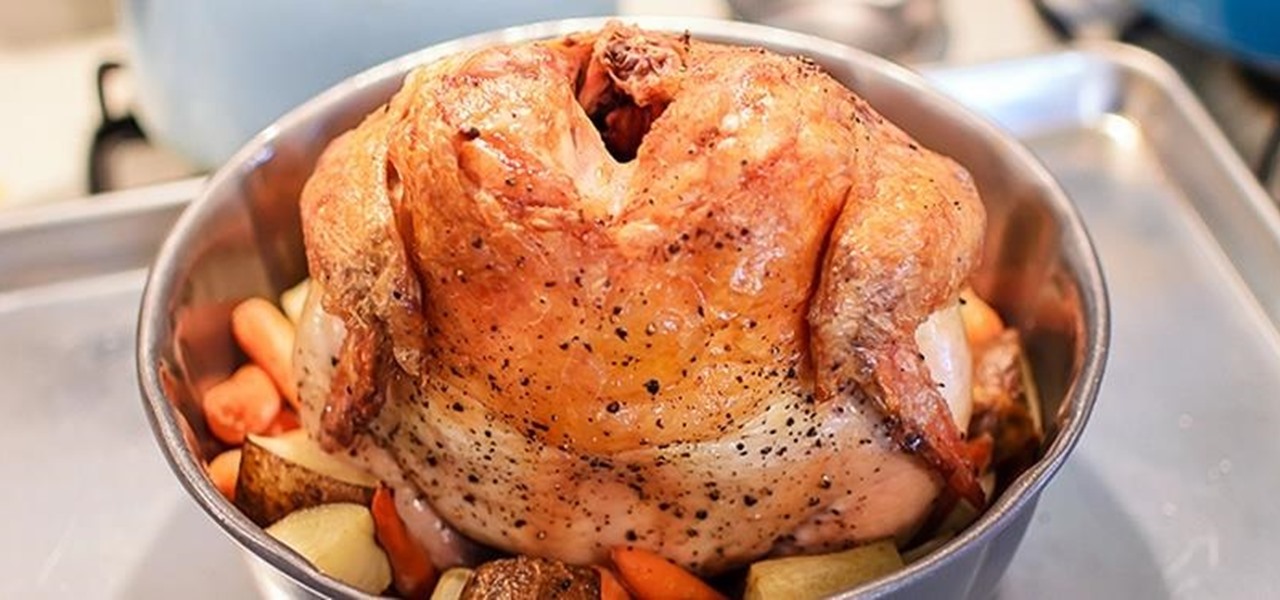
Nothing makes my stomach growl and my mouth water quite like the smell of roasting chicken. It's a pretty universal reaction, too—there's a reason every grocery store places its rotisserie grills and delis near the entrance, after all.
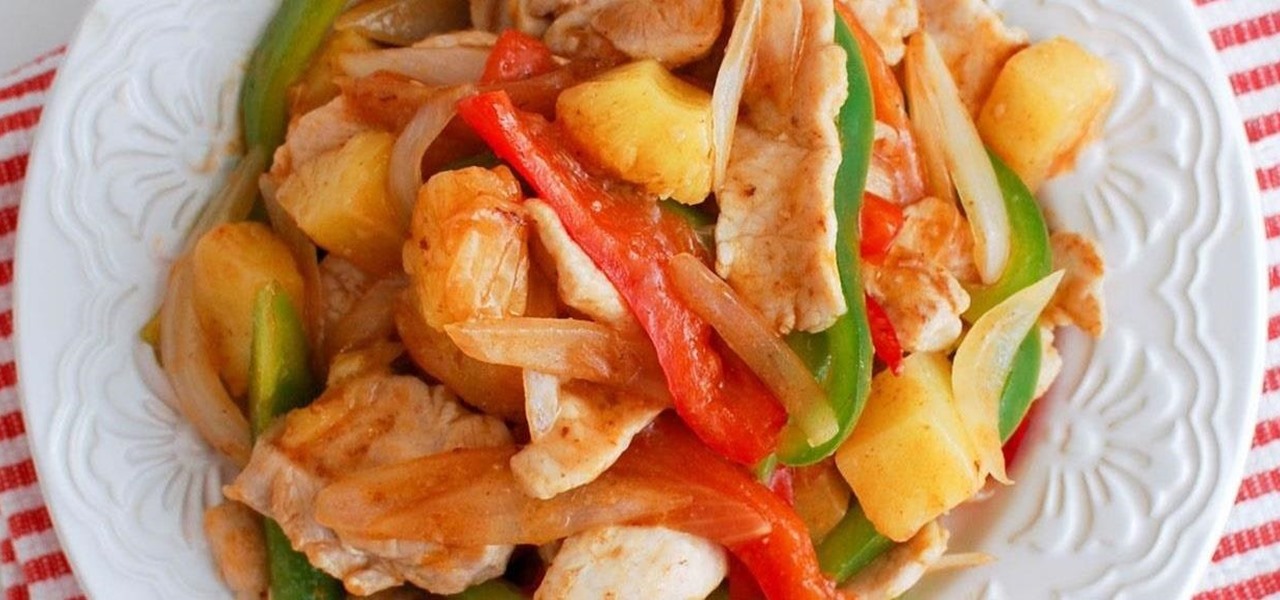
One of my favorite things about American Chinese food is how easy it is to eat: the pieces are bite-sized, the flavors are addictive, and the meat is always tender and easy to chew. But if you've ever tried to replicate any of your favorite takeout in the kitchen, you've likely noticed that the high heat required for most recipes thoroughly dries out the meat that you're trying to cook.
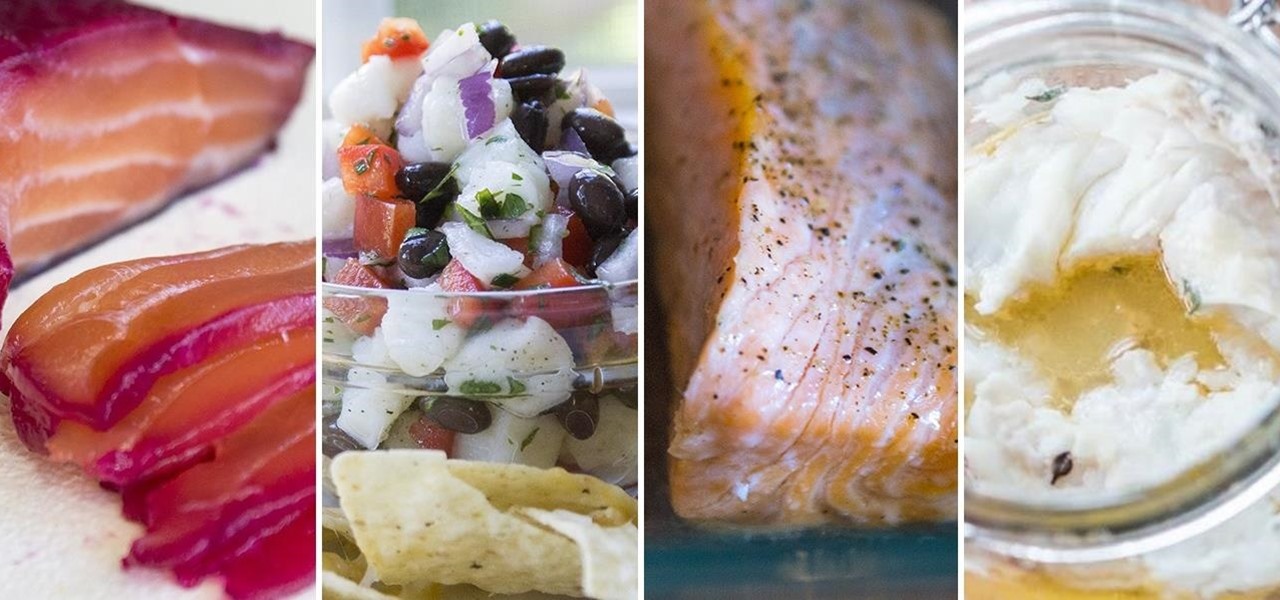
Preparing and serving seafood can be a daunting task. Fish is so delicate that one extra minute of heat can turn a juicy, flaky filet into a dried-out disaster. But that same fragility also allows us to use unconventional methods to chemically transform the fish into its cooked consistency.

Your grater and microplane may look like single-purpose tools, but they're actually one of the most diverse appliances in your kitchen. Sure, everyone knows to use a grater on cheese and a microplane on citrus zest, but why stop there? Here are 10 things you may not have thought to grate:

Coffee beans are one of my favorite things in the entire world. They smell intoxicatingly perfect. And when ground up and steeped in hot (or cold) water, they somehow taste even better than they smell.

For foods that encompass both tastiness and convenience, it's hard to beat boxed mac and cheese. Mac and cheese in a box takes 15 minutes to make, dirties only one dish, requires no skill, costs only two bucks, and is, despite all of the above, wildly delicious. Yet it can get even more delicious just by adding a few more ingredients.

As glorious as a good drink (or five) can be, the aftermath of alcohol on the body is one of life's least enjoyable features. A few hours of fun can come at the expense of a day or two of feeling dead to the world, with an upset stomach, an aching body, and a headache that makes it feel as though your friends used your head for a piñata.

Ask ten different people how they feel about boxed cake mixes, and you'll likely get ten different answers. Some baking purists will berate them and throw them in the same category as garlic presses and knife sets sold on infomercials. Many people will say that they prefer not to use mixes, but keep one in the pantry just in case. And I dare you to find a college student that doesn't sing their praises.

"Beer is proof that God loves us and wants us to be happy." We've all seen the quote, attributed to Benjamin Franklin, on numerous shirts, glasses, and bar signs. It's a good, if overused slogan. It makes one clear, indisputable point: beer is great, and life is better with it.

There are tons of greasy drippings that can be used to flavor up any dish, but none will ever be more delicious than animal fat. The bigger and fatter the animal, the juicier and tastier their fat is. For those of you who have had your fill of bacon-anything, here's your next obsession. It's called caul and its very existence will divide those that are serious about their animal fat flavoring from the pretenders.

Cheese might be one of the most satisfying snacks around, whether you prefer a slice of snappy Irish cheddar or a creamy, rich portion of Brie. It's been called "dairy crack" by a respected physician and for good reason: eating cheese produces casomorphins, which effect the human body like opiates. It also contains trace amounts of actual morphine.

Enough with zoodles (zucchini noodles), spaghetti squash, and carrot 'pasta' spirals. A well-prepared dish of zoodles with sauce is beautiful and tasty, but let's get real, it doesn't fill you up. If you use it as a meal replacement, then you'll be hungry about 30 minutes later.

Instant ramen and just-add-water noodles are lifesavers because they are convenient and fast, but they are also usually chock-full of processed ingredients and unrecognizable pieces of dehydrated meat and vegetables.

I know people who hate mayonnaise. I know people who detest ketchup. But I know almost no one that hates mustard, and that's because mustard has a complexity and depth that bland mayo and ketchup do not. Mustard runs the gamut from smooth and subtle to sharp and spicy, especially when you know how to make your own.

A little cooking mistake can lead to tough meat, spoiled food, and even a bacterial explosion in your kitchen if you're not careful. These five simple, easy-to-fix kitchen mistakes are some of the most commonly made in households around the world. Luckily, you can correct these innocent errors with just a few minor tweaks.

Herbs, both fresh and dried, can be intimidating and mysterious to cooks. Just how much is too much? How do you prepare them?

Kale is the new baby spinach: it's taken over salads everywhere, and for good reason. This nutrient-dense vegetable is a member of the brassica family, which also includes cabbage, broccoli, and watercress. Recent studies show that people who eat more brassicas tend to have less cancer. Not only that, but kale and other brassicas can actually clear air pollutants from your body.

Just what are probiotics and why are they so good for you? Probiotics are "viable microorganisms" that can confer lots and lots of health benefits if they reach your intestine while they're alive. You may have heard them described as "friendly bacteria."

The Spanish and Portuguese introduced many things (some desirable, some not, depending on your POV) to Mexico in the sixteenth century: Christianity, language, and lots of flora and fauna.

What would you say if I told you it was entirely possible—even desirable—to cook anything from a simple dinner to a great loaf of bread without using measuring cups, spoons, or a scale?

There's nothing better than real, homemade tomato sauce, but to really develop the flavors, it usually has to simmer for a few hours. And while it's totally worth doing if you have the time, some nights it's just not an option. That's where the pre-made stuff comes in. Jarred pasta sauce certainly doesn't taste the same, but it's really easy to dress up when you need something quick. If you don't want anyone to know your "secret recipe," here are 10 ways to make store-bought spaghetti or mari...

It's always a good idea to have a pack of mints on hand, especially right after a cup of coffee or a lunch made with loads of garlic. Whether you're going on a date, to the dentist, or to an interview, bad breath is a major faux pas and totally avoidable. Simply pop a mint! But not just any old mint — homemade ones not only freshen your breath but can give you a sense of pride every time you need one.

Gas stations may be convenient for travel snacks, but the cost of shopping there sure can add up. If you're looking for easy, on-the-go snacks that fit into your travel budget, look no further. We've got 12 kid-friendly, portable food ideas you can make before leaving on your journey. You'll be amazed by how much money and time you will save with these satisfying travel snacks.

Cookbook author, celebrity chef, television personality, and former White House nuclear policy analyst Ina Garten is familiar to many as the queen of foolproof cooking. Also known as the Barefoot Contessa, Ina hones in on techniques and tips that make time in the kitchen far less intimidating to folks of all skill sets. We've rounded up 8 of Ina's most useful cooking tips to help you out—from dinner parties to everyday cooking. Her philosophy is that it's always easier than you think!

Pickles come in all shapes, sizes, and names (gherkins in the UK, cornichons in France). There are even crazy flavors such as koolickles—dill pickles soaked in a mixture of Kool-Aid and brine, an American South favorite. Whatever sort of pickle tickles your fancy, you can count on one thing: there's always leftover juice once they've been eaten and enjoyed.

If you have a local Trader Joe's, you know first-hand how enchanting the frozen aisles are—almost every item offers the promise of a delicious meal or dessert. (We're always tempted to open the package and eat the cookie butter cheesecake, stat.)

En papillote may sound like a difficult French cooking method you'd never use at home, but don't be fooled by its fancy name—it's actually a really easy way to cook food that is moist and flavorful, and all you need is some parchment paper and your oven.

The big day is nearly here... Super Bowl 50 kicks off this Sunday, February 7, at 3:30 p.m. PST (6:30 p.m. EST). And whether you're having a giant party or watching the game on your big-screen TV by yourself, there's one thing you probably won't be doing: cooking food in your kitchen.

There's something magical about homemade foods, especially when they're items that most people don't make. Even the simplest bread tastes divine when you've mixed it yourself, kneaded it yourself, and gotten the dough stuck underneath your nails.

Everything you thought you knew about cooking pasta is wrong. When I took cooking classes in Italy, they taught me to bring a large volume of salted water to a rolling boil, add a drop of olive oil so that the noodles wouldn't stick together, and wait several minutes until it was al dente (which literally means "to the tooth," i.e., firm and not mushy when bitten).

If you've already read the first part exploring what geniuses actually eat as opposed to what the rest of us are told to eat for brain health, you've noticed that there are some big discrepancies. Instead of favoring healthy, wholesome foods high in antioxidants, lots of high-achieving types tend to go for caffeine, sugar, and processed foods. One notable health habit practiced by many: eating breakfast.

It's common knowledge that certain foods foster brain development, health, and memory. Fish almost always makes the list, as do any foods that are loaded with antioxidants like blueberries, nuts, whole grains, green tea, and dark chocolate. Spices like turmeric are being studied for their ability to prevent Alzheimer's, among other things.

"The best season for food is the worst season for cooking." These words, spoken by food blogger Dave Klopfenstein of Dave's Kitchen, couldn't be more true.

It's easy to take the food we eat for granted, but the truth is, there are a lot of bizarre, wonderful, and just plain weird things about what we eat and drink, the effects it has on our bodies, and vice-versa. Read on to learn how bugs provide food dye, the Japanese grow square watermelons, and more.

Last week, I showed you why your refrigerator is one of the best tools in the kitchen when it comes to saving money and preserving food at its tastiest. But did you know your freezer is another underutilized ally in the cooking game?

Every home cook has their most-hated kitchen task. For me, peeling hard-boiled eggs and garlic are pretty high up there. Actually, peeling just about anything is, but for every annoying job, there's a shortcut to make it easier.

The first written account of "stock" as a culinary staple goes back to 1653, when La Varenne's Cookery described boiling mushroom stems and table scraps with other ingredients (such as herbs and basic vegetables) in water to use for sauces. But really, the concept of stock has probably been around for as long as people have been using water to boil food.








